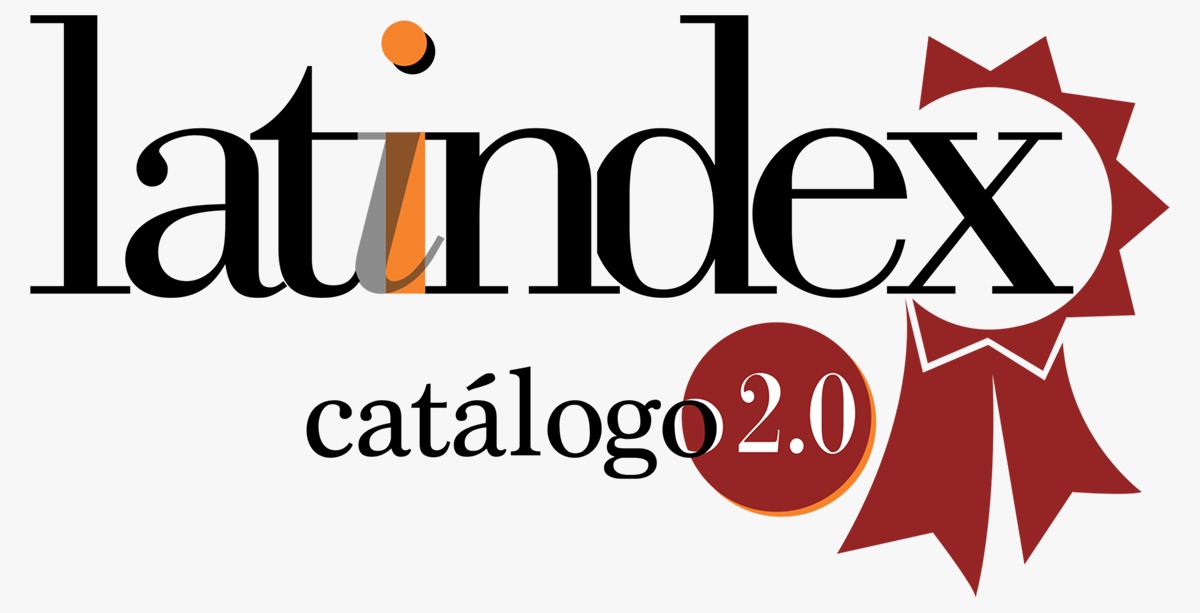Teaching performance and learning evaluation of students of the par cycle of the specialty of language, literature and communication of the unmsm faculty of education, 2020
DOI:
https://doi.org/10.47865/igob.vol4.2021.128Keywords:
Teaching performance, learning evaluation, university studentsAbstract
The study to established relationship between teaching performance and the evaluation of learning in students of the even cycle of the language, literature and communication specialty of the Faculty of Education of the Universidad Nacional Mayor de San Marcos. The Peruvian educational system is crisis, reflected in the poor quality of the service offered by the country's schools; this critical situation violates the fundamental right of all to a quality education. Reason that Law 30220 contemplated in the university educational system to improve. Quantitative approach, non-experimental, correlational design and basic (Hernández et al., 2014). Applying instruments validated by expert judgment, to 120 participants, non-probabilistic sample. Levels for teaching performance observed: medium (45.7%), high (31.5%) and low (22.8%); and in the evaluation of learning, the following levels observed, in process (40.2%), achievement (31.5%) and initiation (28.3%). In the inferential statistics, a moderate correlation was evidenced (r = 0.630); for specific hypothesis 1 (r = 0.605), specific 2 (r = 0.676); and specific 3 (r = 0.645). It to conclude that there is a relationship between teaching performance and the evaluation of positive and significant learning in students of the Faculty of Education of the UNMSM.
Downloads
References
Acclla (2019). Liderazgo pedagógico y desempeño docente en las Instituciones Educativas de Huancayo, 2019. Recuperado de https://bit.ly/3t3xqk8
Bermeosolo, J. (2001). Psicología del lenguaje: fundamentos para educadores y estudiantes de pedagogía. Santiago: Universidad Católica de Chile.
Caballero, C. (2012). Psicología del aprendizaje y la memoria. Lima, Perú: Editorial Universidad Continental.
Chiavenato (2010) Desempeño laboral. Editorial MCGRAW-HILL. México
Chiavenato (2009) Gestión del talento humano. Tercera Edición Editorial Mc Graw Hill México.
Díaz (2019). La evaluación obligatoria del desempeño docente y su sentido para el profesorado de telesecundarias: entre el temor, control y sometimiento, México. Revista Iberoamericana para la investigación Vol. 9 Núm. 18 enero – julio 2019 DOI: 10.23913/ride. v9i18.431. Recuperado de http://www.scielo.org.mx/pdf/ride/v9n18/2007-7467-ride-9-18-423.pdf
Galaz Ruiz, A., Jiménez-Vásquez, M., & Díaz-Barriga, Ángel. (2019). Evaluación del desempeño docente en Chile y México. Perfiles Educativos, 41(163),156-176. https://doi.org/10.22201/iisue.24486167e.2019.163.58935
Guevara Dávila, F. D. (2016). Pensamiento crítico y su relación con el desempeño docente en el décimo ciclo de pregrado, de Educación de la Universidad Nacional Mayor de San Marcos. (Tesis posgrado)
Hernández R., Fernández, C., & Baptista, M. (2014). Metodología de la investigación (6 ed.). México D.F., México: McGRAW-HILL / INTERAMERICANA EDITORES, S.A. DE C.V.
Romero (2014). Evaluación del desempeño docente en una Red de Colegios.
Torres, R. (2014). Autoevaluación de la gestión educativa y calidad del aprendizaje según el modelo Ipeba en estudiantes de la opción ocupacional textil y confecciones del Cetpro “Promae comas”, Ugel N° 04. (Tesis para optar el grado académico de magister en educación) Universidad Nacional Mayor de San Marcos. Tomado de:
Vega (2020) Gestión Educativa Y Su Relación Con El Desempeño Docente Ciencia y Tecnología Vol. 1 Nª 2 (ISSN 27073378)
Valencia, L. I. (2014). Estilos de Aprendizaje: una apuesta por el desempeño académico de los estudiantes en la Educación Superior. Encuentros, 12(2), 25-34. Tomado de: https://www.redalyc.org/pdf/4766/476655660002.pdf
Woolfolk, A. (1999). Psicología educativa. México: Prentice Hall.
Downloads
Published
How to Cite
Issue
Section
License

This work is licensed under a Creative Commons Attribution-NonCommercial-ShareAlike 4.0 International License.
Esta obra está bajo una licencia internacional Creative Commons Atribución-NoComercial-CompartirIgual 4.0.
















